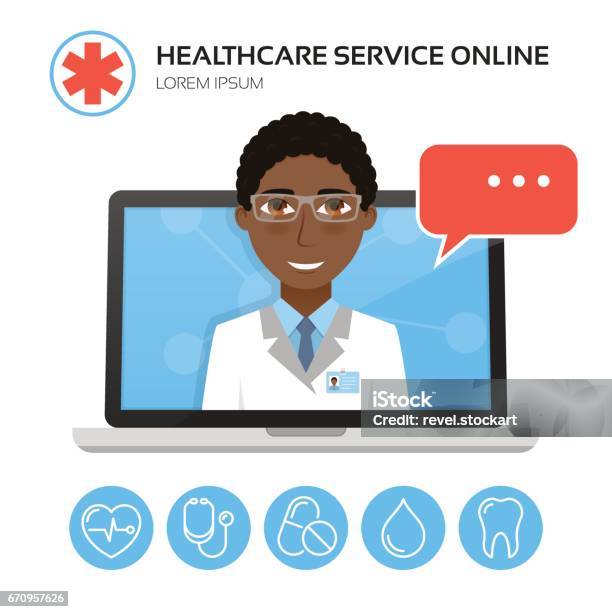The Future of Medicine: Exploring Subscription Based Healthcare Models
The Future of Medicine: Exploring Subscription Based Healthcare Models
Blog Article
Understanding the Cost-Effectiveness of Subscription-Based Health Care Versions
As the healthcare landscape evolves, subscription-based designs arise as an engaging alternative, assuring to redefine exactly how individuals handle clinical expenses. Evaluating these models' cost-effectiveness demands a nuanced comparison with conventional insurance coverage, considering both financial implications and client complete satisfaction. While they offer transparency and predictability in expenses, questions remain about their ability to fulfill varied health care requirements, particularly for specialized therapies. The viewpoints of doctor even more complicate this formula, offering a diverse challenge. What does the future hold for these designs, and can they really supply on their pledge of obtainable, cost effective treatment?
Introduction of Subscription-Based Designs
Subscription-based health care versions, often described as straight medical care or attendant medication, are progressively acquiring attention as a potential service to inefficiencies within standard healthcare systems. These versions run on the concept of offering clients straight accessibility to health care service providers via a annual or monthly cost, bypassing the need for traditional insurance policy devices. This setup aims to streamline patient-provider interactions by decreasing management burdens, which usually hinder customized and prompt care.
At the core of subscription-based designs is the focus on a more individualized patient experience. Individuals take advantage of boosted access to their physicians, usually consisting of same-day or next-day consultations, expanded consultation times, and straight interaction networks such as phone or video clip phone calls. This design fosters an aggressive technique to medical care, where clients and companies can collaboratively focus on preventative treatment and persistent illness administration.

Expense Contrast With Traditional Insurance Policy

One of the primary financial benefits of membership versions is openness in prices. Conversely, conventional insurance might be extra helpful for people requiring specialized treatment or costly treatments not covered under a subscription design, as they benefit from the wider insurance coverage network and cost-sharing devices.
However, cost-effectiveness is context-dependent. While registration models could supply financial savings for those largely needing health care, individuals with chronic conditions or specialized health care requirements could discover standard insurance policy much more extensive. Assessing details health care demands and possible use is vital in identifying the most economical alternative for individuals.
Effect On Person Contentment
Person satisfaction within subscription-based medical care versions commonly mirrors a substantial improvement over conventional insurance policy systems. Unlike typical systems, where clients may experience delays in obtaining treatment, subscription-based models guarantee even more timely and straight communications with medical care carriers.
Additionally, the transparency in costs related to subscription-based healthcare alleviates the common frustrations associated to unexpected costs and complicated billing processes seen in typical insurance policy (subscription based healthcare). Patients appreciate recognizing the specific economic dedication upfront, resulting in raised depend on and confidence in their medical care management
In addition, the emphasis on precautionary treatment and health in subscription designs adds to boosted health and wellness end results, further boosting client satisfaction. By concentrating on recurring wellness upkeep as opposed to episodic treatment, people experience a more constant and alternative health care journey.
In addition, the boosted provider-patient connection cultivated in these designs, identified by more time invested per client and tailored interest, plays a critical duty in elevating individual satisfaction degrees, as individuals really feel genuinely looked after and recognized.
Service Provider Perspectives and Experiences
From the service provider's perspective, subscription-based health care models provide a transformative method to supplying medical solutions. These designs emphasize a preventative and aggressive health care strategy, enabling service providers to concentrate on thorough patient care without the restraints of standard fee-for-service arrangements (subscription based healthcare). This shift in emphasis typically leads to improved patient outcomes and enhanced copyright contentment, as medical care professionals can designate even more time and sources to person involvement and customized treatment plans
Additionally, registration designs promote predictable income streams, which enhance monetary stability for doctor. This predictability permits enhanced source preparation and allocation, adding to a more efficient medical care delivery system. Providers can purchase team framework, modern technology, and training enhancements, consequently boosting the high quality of treatment used.
However, the change to subscription-based designs is not without difficulties. Regardless of these obstacles, many service providers find that the advantages of enhanced individual interaction and streamlined operations outweigh the preliminary obstacles, making subscription-based designs an eye-catching choice.
Future Potential Customers and Difficulties
A primary obstacle is regulatory conformity, as subscription designs should stick to progressing healthcare plans and insurance coverage needs. This necessitates continual adaptation and technology to make sure positioning with legal standards. In addition, integrating these versions right into existing healthcare frameworks can be complex, requiring significant investments in technology and training.
There is likewise the possible danger check my site of producing injustices in health care accessibility, as subscription versions could prefer those that can afford them, leaving vulnerable populations underserved. Resolving this needs thoughtful consideration of rates approaches and aid devices to make certain inclusivity.
Verdict
Subscription-based healthcare models offer a sensible option to traditional insurance policy by supplying monetary predictability and transparency, specifically profiting individuals with persistent conditions or regular health care requirements. The cost-effectiveness of these models rests upon specific medical care usage patterns and conditions. While they might improve patient satisfaction and improve budgeting, difficulties continue to be in attending to specialized care demands. Future considerations consist of stabilizing extensive insurance coverage with affordability and next page integrating these models within the wider health care system for optimum results.
Subscription-based healthcare versions, occasionally referred to as direct key care or attendant medication, are progressively obtaining attention as a prospective remedy to inadequacies within traditional medical care systems. Unlike typical systems, where individuals may experience hold-ups in getting care, subscription-based versions ensure more direct and prompt communications with medical care service providers.
These designs emphasize a proactive and preventative health care strategy, permitting suppliers to concentrate on detailed individual treatment without the restraints of conventional fee-for-service setups. As these versions continue site to acquire grip, they use the potential to transform patient access to care, enhance service delivery, and maximize health care spending.Subscription-based health care versions offer a viable choice to typical insurance coverage by providing economic predictability and transparency, especially benefiting people with chronic problems or constant medical care needs.
Report this page